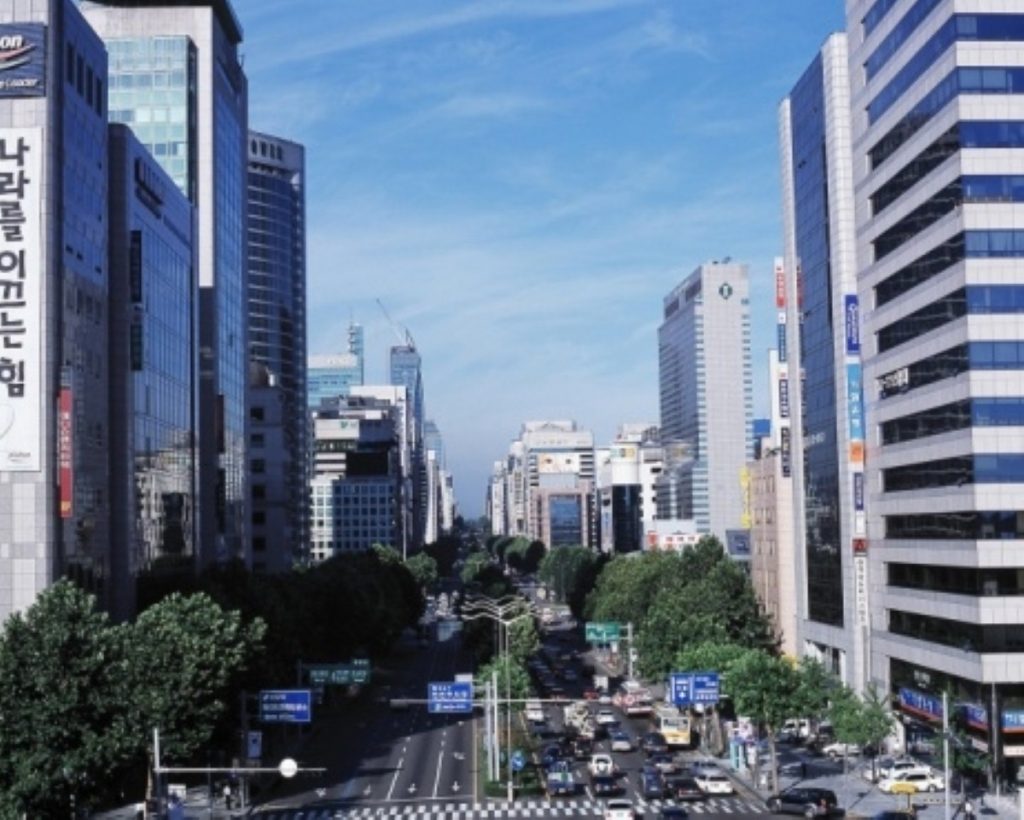G20 threatens to descend into acrimony
By Peter Wozniak
David Cameron attempted to stymie the talk of currency wars dominating the agenda as the G20 summit in Seoul seeks to find a lasting solution to the financial crisis.
Mr Cameron arrived in South Korea last night, but the meeting is being overshadowed by clashes between the US and China over trade.
The prime minister called on world leaders in a speech this morning to “fight protectionism in all its forms”.
“We are going to fight trade barriers, we are going to fight beggar-my-neighbour policies, we are going to fight currency wars, we are going to fight competitive devaluations, we are going to show that this world, these politicians, these leaders have learnt the lessons of the 1930s and we’re going to keep our trading system open rather than see it progressively close,” he added.
Speaking ahead of the summit, US president Barack Obama insisted the resulting communiqué “will begin to put in place mechanisms that help us track and encourage balanced and sustainable growth”.
But Mr Obama alluded to the row with China over claims Beijing is artificially keeping the yuan down in order to boost exports at the cost of consumer nations.
“In a prudent stable way we want to make sure that we are boosting growth rates at home as well as abroad,” he added.
“It is difficult to do that if we start seeing the huge imbalances redevelop that helped to contribute to the crisis we just went through.”
Another sticking point hangs over the US round of quantitative easing to the tune of $600 billion. Germany and China argue America is attempting to weaken the dollar to increase its own exports.
Conversely, Washington claims the vast trade surpluses enjoyed by those economies force America’s hand into the controversial process of printing money.
David Cameron also told the press this morning: “While we have these big imbalances we are undercooking the growth in the world economy.”
The rows have led to concern from Robert Zoellick, president of the World Bank, that these potential ‘currency wars’ will set in motion a retreat to market protectionism in the wake of the financial crisis.
Mr Cameron said the UK would “vigorously” oppose any moves towards protectionism.
The prime minister added: “Some politicians talk as if trade were a zero-sum game, that one person’s success in exporting is someone else’s failure when they import.
“This is nonsense. It’s economic nonsense and we need to make that argument really vigorously.”
The governor of the Bank of England, Mervyn King, has also warned that such a retreat would be disastrous for the world economy – and that the focus of the summit should be on committing to a global system of financial regulation.





-01.png)